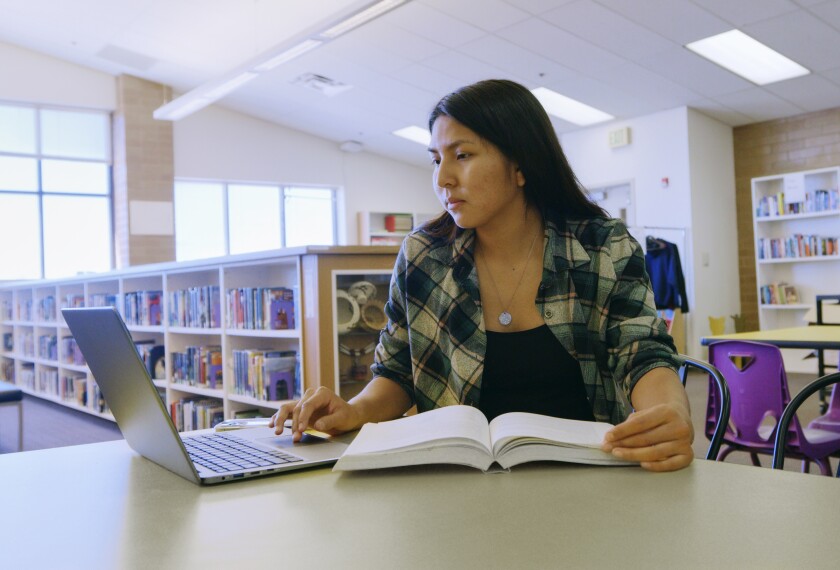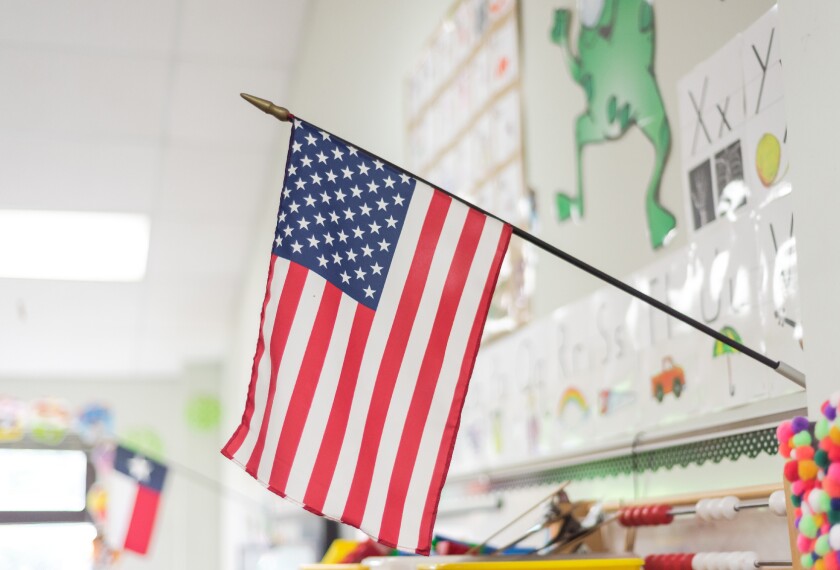Many parents want more structured summer programs for their children, but they cite the programs’ cost as a major reason for their lack of participation, concludes a new report.
A majority (55 percent) of parents of K-12 children said their child participated in one or more summer learning programs in 2023, while 45 percent of parents said their children did not, according to the findings from the nonprofits National Summer Learning Association and American Camp Association. Summer learning programs, as defined in the report, include day camps, overnight camps, summer school, enrichment programs (i.e. arts, music, sports), daycare programs, or jobs or internships.
More than 2 in 5 parents said the cost of programs or the lack of funds is the top reason their children were not able to participate in a summer program in 2023, according to the survey, which was conducted by Gallup May 1-15 with about 6,900 U.S. parents of K-12 children.
The demand for more summer learning opportunities comes as parents, educators, and policymakers look for ways to help kids catch up on academic skills, and improve their social, emotional, and mental health.
But the demand also comes as the federal COVID relief funding that schools and other youth-serving organizations had used over the past few years to fund after-school and summer programs are drying up.
“We think about 5 million more students have been able to attend programs because of those COVID dollars,” said Jodi Grant, the executive director of the Afterschool Alliance, a nonprofit advocacy group. “But those are about to expire, so I am concerned that these numbers, particularly for low-income families, are actually higher than they’re going to be if we can’t find other funding sources.”
Roughly 8 of every 10 school districts in the country spent some of their federal COVID relief funds on after-school or summer learning, according to a report by the Afterschool Alliance. In a separate survey by AASA, the School Superintendents Association, more than half of district leaders said they would cut back or end enrichment and summer-learning programs in the 2024-25 school year, when relief funding ends.
The end of federal COVID relief funds is a problem
Bryan Joffe, the director of children’s programs for AASA, said the challenges for schools include finding staffing and transportation.
As a result, parents often turn to other organizations that provide summer learning opportunities.
But not all parents can afford summer programming. After-school and summer learning advocates say it’s why having federal, state, or other local funding to offset those costs is really important.
“Sometimes, we’re so focused on working with schools that you actually don’t remember or don’t realize how almost 70 percent of kids in the summer are learning in non-school settings,” said Aaron Philip Dworkin, the CEO of the National Summer Learning Association. “This is important because if all the funding only goes to schools, you’re missing out on almost 70 percent of the kids.”
While federal COVID relief funds are expiring, there are still many existing funding sources at the federal and state levels that school districts and other youth-serving organizations can tap into, such as Title I and the 21st Century Community Learning Centers grant, according to summer learning experts.
To meet the demand for summer programs, there needs to be more coordination and planning in each community, and that includes school districts, Dworkin said.
“They [schools] don’t have to feel the pressure to do everything, because all these groups and partners exist who want to help,” Dworkin said.
Superintendents, he said, can play a role in calling meetings in their communities with all the organizations that work with kids and asking: What is the communitywide strategy to reach all the kids? How do we make sure they all have a place to go?
“The coordination needs to be better, and if we do that, we can really move the needle here,” Dworkin added.
Disclaimer: The copyright of this article belongs to the original author. Reposting this article is solely for the purpose of information dissemination and does not constitute any investment advice. If there is any infringement, please contact us immediately. We will make corrections or deletions as necessary. Thank you.







